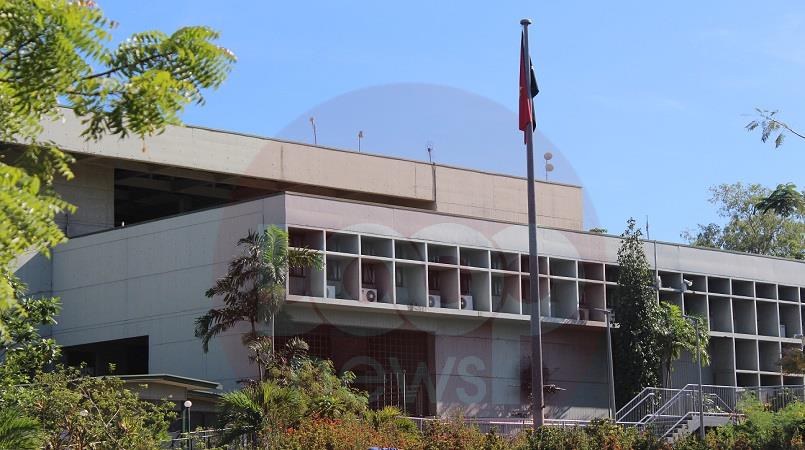
Prime Minister Peter O’Neill’s slip rule application has been put on the Supreme Court fast-track list.
The matter came before Chief Justice Sir Salamo Injia yesterday (Friday) where a hearing date was fixed for April 26.
The Prime Minister’s lawyer from Twivey Lawyers, Desmond Kipa told the court they have amended the slip rule application that they filed on April 7 as they will also be seeking interim orders.
Kipa informed the court that the application book was not ready as copies of court transcripts from March 22, the day when submissions were made in court and April 5, day the decision was delivered in court, were yet to be obtained.
The Chief Justice, in issuing directions, ordered the application will return on April 26 before Justices Collin Makail, Derek Hartshorn and Don Sawong.
The Prime Minister will be seeking leave before the court for the slip rule application to be heard. If leave is granted, the court will hear the stay application sought in the amended request.
The application will be seeking to stay the decision delivered by the Supreme Court on April 5 until the determination of the application. This will be heard before the slip rule application.
A slip rule application is when a party seeks the court to revisit its decision after leave is granted to correct any accidental slip or omission in the judgment.
The Prime Minister will also be seeking an order of the Supreme Court to set aside its ruling.
The ruling on April 5 dismissed Marape’s appeal at the Supreme Court which allowed police to commence investigations against him in the matter concerned with the Prime Minister’s bill and taxation case involving the Paul Paraka law firm.
The application was filed on six grounds. The first ground is that the Supreme Court erred when it failed to accord the parties their rights to natural justice as it gave no opportunity to the parties to submit on the grounds utilised by the Supreme Court to dismiss the appeal.
The second ground is that the Supreme Court erred when it made a decision not based on the submissions.
